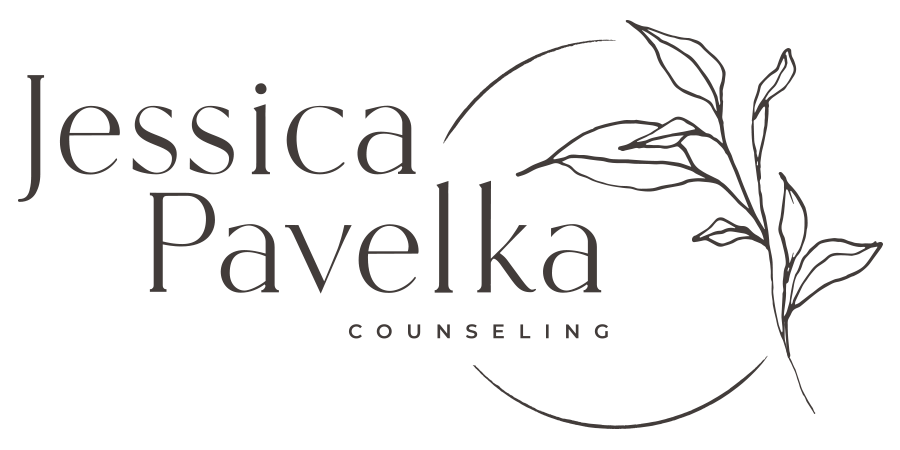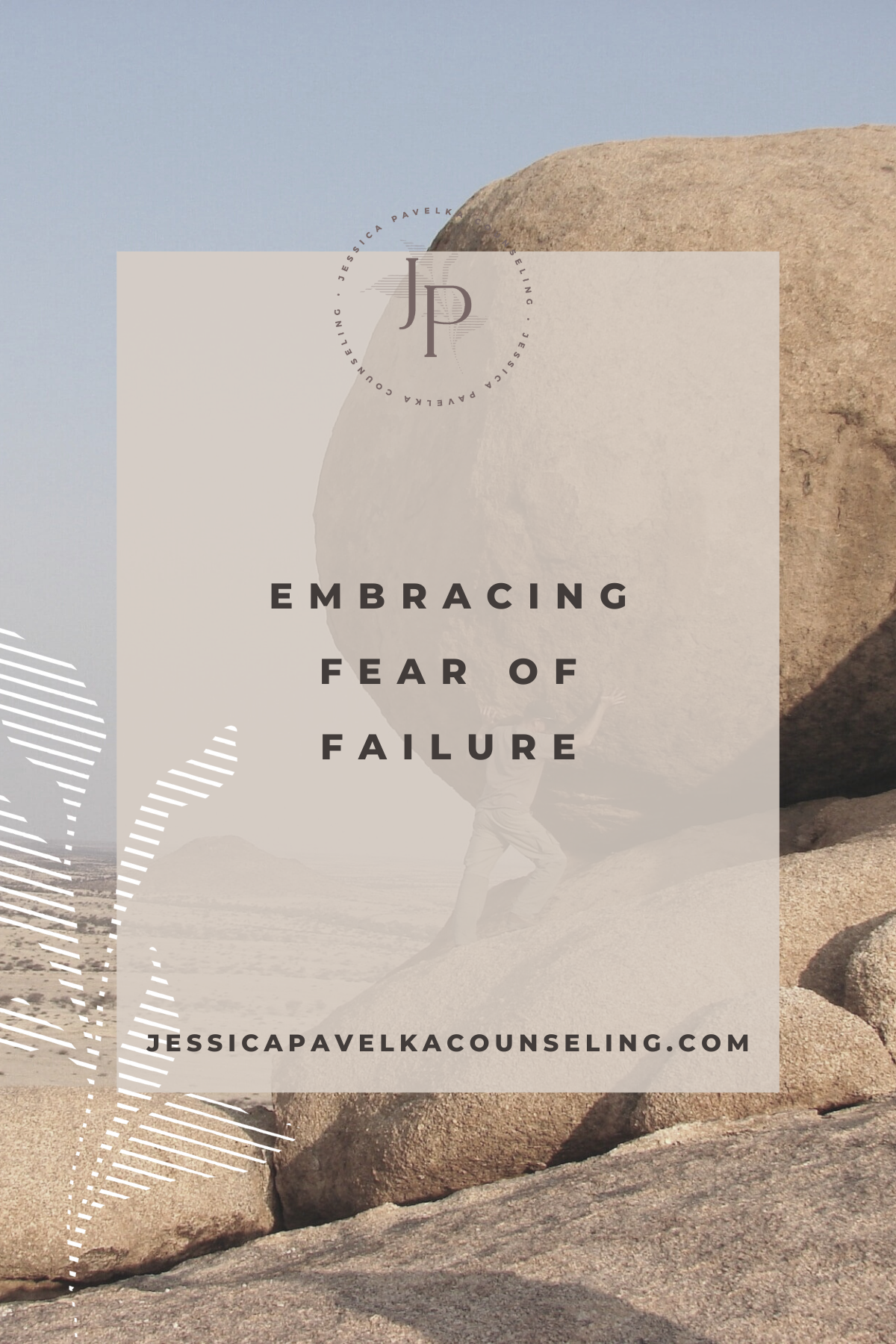Embracing Fear of Failure
Fear of failure is a common theme that emerges in psychotherapy. Fear of failing is felt by most when it comes to relationships, careers, or other aspects of life. It is one of the most common psychological hurdles people face.
In your pursuit of personal growth, does fear ever become a hurdle? Does fear inhibit your progress or impede your potential? Take a moment to reflect.
As human beings, we possess an innate desire for achievement and purposefulness. We strive to accomplish our goals, surpass our limitations, and feel fulfilled. Believe it or not, we even seek out challenges to overcome on a daily basis. However, the prospect of failure can trigger our primal response system, activating the ancient fight-or-flight mechanism designed to protect us from harm, even if there is no actual danger. This response system can limit our potential, if we let it.
Fear of failure can manifest in various ways, such as anxiety, self-doubt, perfectionism, or procrastination. Consequently, one might shy away from taking risks, exploring new opportunities, or pursuing dreams, fearing the potential setbacks and disappointments that failure may bring. Nonetheless, the benefits of stepping out of one’s comfort zone can far outweigh a setback.
One approach I take with clients to combat the fear of failure is to explore where the fear originated. I question when and how the limiting belief developed and whether it is based in fact. A key feature in cognitive behavioral therapy is challenging automatic thoughts, such as fear-based thinking, and then developing healthy, more adaptive belief systems that feel authentic. I also get curious about clients’ beliefs about their capabilities. This often leads to a deeper conversation about their view of self. By understanding the psychological underpinnings of this fear, we can transform fear of failure into an opportunity for growth, resilience, and self-discovery.
Below are a few strategies to help you embrace and learn from fear:
Mind-body check-in. Explore what physical sensations are linked to your fear and practice self-regulation through practices like deep breathing or progressive muscle relaxation.
Do the thing anyway. Although self-doubt is uncomfortable, can you surprise and challenge yourself anyway? What is on the other side of fear? Accomplishment, bravery, courage?
Embrace a growth mindset. We don’t grow when we are comfortable. Practice getting comfortable being uncomfortable.
Self-compassion. Talk to and encourage yourself just like you would to a close friend. Be kind; negative self-talk can only make you feel worse.
Set realistic expectations. Break down larger objectives into small and manageable steps. Celebrate each milestone along the way.
“Failure” is feedback. Failure does not mean you’re incapable, not good enough, or unworthy. It means you gained newfound knowledge that you didn’t have prior. Use this knowledge to refine your approach. Congratulate yourself for trying something new and learning!
Redefine failure and make new meaning. Sara Blakely, a business CEO, says, “My definition of failure became not about the outcome, but about not trying.”
When in doubt, Power Pose. Body language is a useful tool for changing your own brain and body chemistry. Changing body positions, similar to what we do in yoga asana, can yield positive benefits such as improving executive functioning, optimism, creativity, self-regulation, and performance. Learn more here.
Seek support. You are not alone. Talk to loved ones about what you’re going through or ask a professional to help you get through this challenge.
Failing is not an indication of your abilities but rather an opportunity for learning and development. Treat setbacks as valuable learning experiences that offer new insights. Identify the lessons learned along the way and embrace the journey. This is how you can discover your true potential and transform your fear of failure. Failure is not the end— it is your catalyst for greatness.
Resources
Guided Progressive Muscle Relaxation
Science Behind Fear — Turning Fear into Power
Jessica Pavelka, MS, LPC, NCC, CYT, is a National Board Certified Counselor and Licensed Professional Counselor in PA, NJ, and DE. She has a private practice in the heart of Philadelphia, located in Fairmount, at WellPoint Acupuncture and Chinese Herbal Medicine. She provides integrative cognitive-behavioral therapy for adults dealing with anxiety, mood, and life changes and has a background in yoga, mindfulness, and instinctive meditation. In addition to working with adults, she is a clinical supervisor for pre-licensed professional counselors, social workers, and marriage and family therapists.


